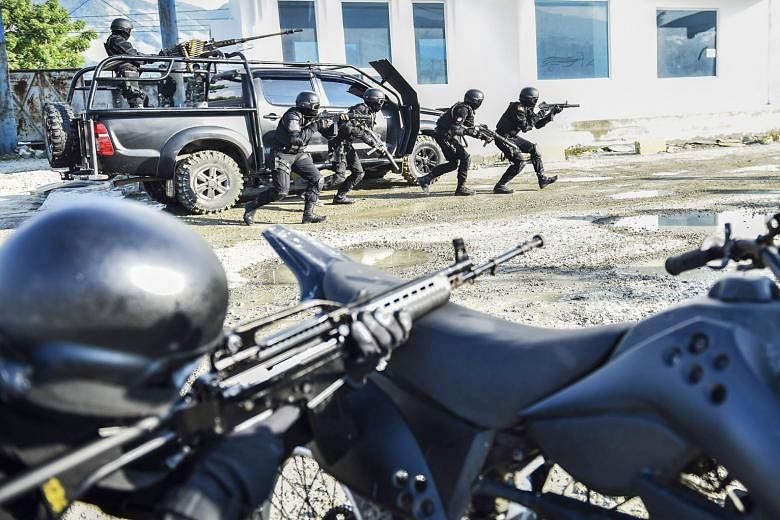Francis Chan Since the Sept 11, 2001, attacks by Al-Qaeda militants, the United States has played an important role in providing many of its Asean allies with wide-ranging assistance in counter-terrorism.
At the time, the George W. Bush administration positioned South-east Asia as its second front in the war on terror, which formed the impetus for a concerted, US-led response against Al-Qaeda affiliates in the region. These groups include the Abu Sayyaf in southern Philippines and Jemaah Islamiah (JI), which had significant presence in Indonesia, Malaysia and Singapore.
Already a subscriber? Log in
Read the full story and more at $9.90/month
Get exclusive reports and insights with more than 500 subscriber-only articles every month
ST One Digital
$9.90/month
No contract
ST app access on 1 mobile device
Unlock these benefits
All subscriber-only content on ST app and straitstimes.com
Easy access any time via ST app on 1 mobile device
E-paper with 2-week archive so you won't miss out on content that matters to you


